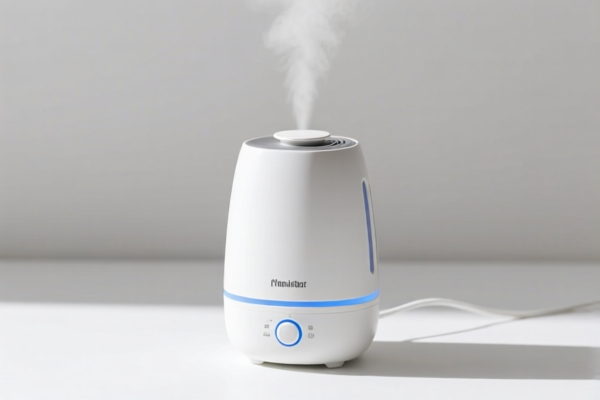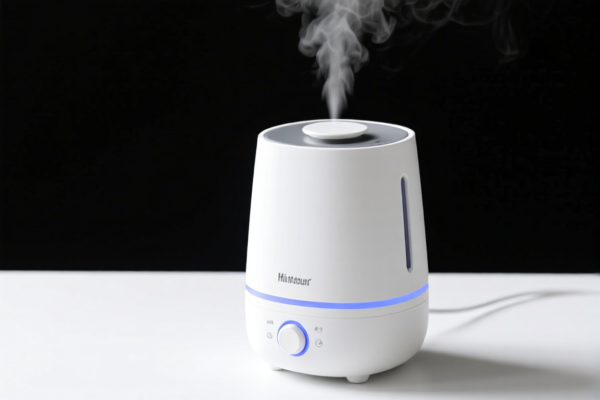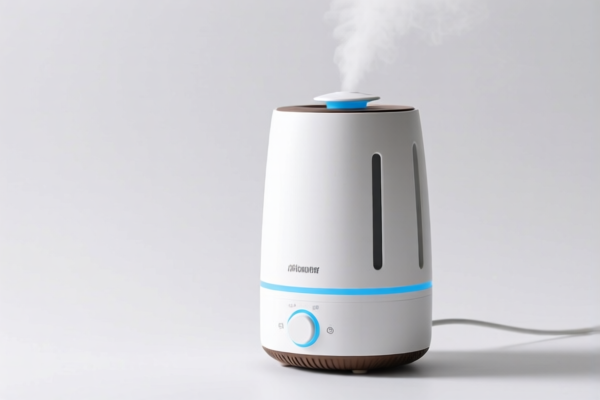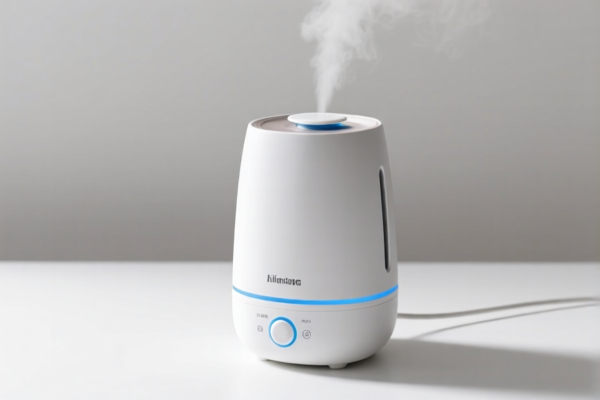| HS Code | Official Doc | Tariff Rate | Origin | Destination | Effective Date |
|---|---|---|---|---|---|
| 8415820155 | Doc | 57.2% | CN | US | 2025-05-12 |
| 7321890050 | Doc | 62.5% | CN | US | 2025-05-12 |




HS Code Classification & Customs Information for Your Declared Goods
Here's a breakdown of the HS codes provided for your declared goods, along with relevant customs information. This information is structured to help you understand the classification, potential tax implications, and important considerations for import.
Important Note: HS codes are highly specific. While this analysis is based on the descriptions provided, the final determination rests with customs authorities. It's crucial to ensure the codes accurately reflect the exact specifications of your goods.
1. Air Conditioning Machines (HS Code: 8415.82.01.55)
-
HS Code Breakdown:
- 84: Machinery and mechanical appliances; parts thereof. (Broad category for this type of equipment)
- 15: Air conditioning machines and refrigeration equipment. (Specifies the type of machinery)
- 82: Air conditioning machines and refrigeration equipment; parts thereof.
- 01: Other, except parts.
- 55: Incorporating a refrigerating unit Dehumidifiers: With a rated water removal capacity of less than
35 liters over a 24 hour period.
-
Description: This code covers air conditioning machines, including those with humidity control, specifically dehumidifiers with a water removal capacity of less than 35 liters per 24 hours. The inclusion of a refrigerating unit is a key characteristic.
-
Tax Implications:
- Basic Duty: 2.2%
- Additional Tariff: 25.0% (current rate)
- Additional Tariff (Post April 2, 2025): 30.0%
- Total Tax: 57.2%
-
Important Considerations:
- Refrigerant Type: The type of refrigerant used may have specific import regulations or restrictions.
- Energy Efficiency Standards: Ensure the machines meet any applicable energy efficiency standards in the destination country.
- Certification: You may need to provide certifications demonstrating compliance with safety and performance standards (e.g., CE marking, SASO certification).
- Material & Value: Double-check the material composition and declared value, as these can impact the final tax assessment.
2. Stoves, Ranges, Grates, Cookers (HS Code: 7321.89.00.50)
-
HS Code Breakdown:
- 73: Iron or steel articles. (Broad category for iron/steel products)
- 21: Stoves, ranges, grates, cookers, heating appliances and similar non-electric domestic appliances, and parts thereof. (Specifies the type of iron/steel article)
- 89: Other appliances.
- 00: Other, including appliances for solid fuel.
- 50: Other.
-
Description: This code covers stoves, ranges, cookers, and similar non-electric domestic appliances made of iron or steel. The "Other" classification suggests these are not specifically listed types of cooking appliances (e.g., not gas stoves, electric ranges).
-
Tax Implications:
- Basic Duty: 0.0%
- Additional Tariff: 7.5% (current rate)
- Additional Tariff (Post April 2, 2025): 30.0%
- Additional Tariff (Steel/Aluminum Products): 25.0% (This is an additional tariff on top of the standard additional tariff, specifically for steel/aluminum products)
- Total Tax: 62.5%
-
Important Considerations:
- Material Composition: The material composition is critical here. If the appliances are made of steel or aluminum, the 25% additional tariff will apply in addition to the standard additional tariff.
- Fuel Type: Confirm the fuel type (solid fuel, gas, etc.) as this can affect classification.
- Safety Standards: Ensure the appliances meet relevant safety standards for domestic use in the destination country.
- Certification: You may need to provide certifications demonstrating compliance with safety and performance standards.
Disclaimer: This information is for general guidance only and does not constitute professional customs advice. It is essential to consult with a qualified customs broker or consultant to ensure accurate classification and compliance with all applicable regulations in the destination country. Customs regulations are subject to change, so it's important to stay updated on the latest requirements.
Customer Reviews
I was looking for HS code details for flame humidifiers, and this page had exactly what I needed. The breakdown of the 57.2% tax rate was very clear.
The information on the refrigerant type and energy efficiency standards for HS Code 8415.82.01.55 was really helpful. I didn’t know I needed to consider those factors.
The breakdown of the 62.5% tariff for HS Code 7321.89.00.50 was very useful. I especially liked the note about the material composition affecting the rate.
The page is informative, but I found it a bit confusing to determine which HS code applies to my product. Maybe more examples would help.
This site is a lifesaver for exporters. The information on the 57.2% tariff for HS Code 8415.82.01.55 was clear and included all the necessary details.